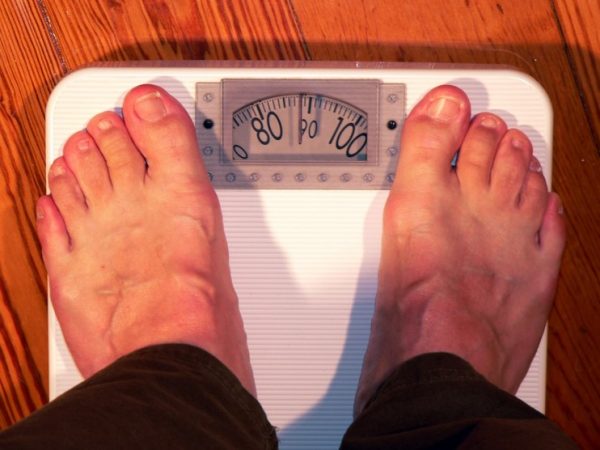
How Many Steps Recommended for A Obese Person For Better Weight And Health
The amount of walking an obese person need can vary depending on factors such as their current fitness level, health status, and weight loss goals. Walking is a great form of exercise for obese individuals because it is low-impact and can be incorporated into daily routines.
The American Heart Association recommends at least 150 minutes of moderate-intensity aerobic activity, such as brisk walking, per week for adults, regardless of weight. This translates to about 30 minutes a day, five days a week. However, for obese individuals, it might be more beneficial to gradually increase activity levels over time, starting with shorter durations and gradually increasing both the duration and intensity of the walks as fitness improves.
Walking can be immensely beneficial for obese individuals in several ways:
- Burns calories: Walking is a form of aerobic exercise that helps burn calories. For obese individuals, increasing physical activity, such as walking, can help create a calorie deficit, which is essential for weight loss.
- Improves cardiovascular health: Regular walking can improve cardiovascular health by strengthening the heart, lowering blood pressure, and improving blood circulation. This can reduce the risk of heart disease and stroke, which are more common in obese individuals.
- Increases metabolism: Walking regularly can boost metabolism, which is the rate at which the body burns calories. This can help with weight management and make it easier to maintain a healthy weight over time.
- Builds muscle strength: Walking engages various muscles in the body, including the legs, core, and upper body. Over time, this can lead to improved muscle strength and endurance, making daily activities easier and reducing the risk of injuries.
- Enhances mood and mental well-being: Exercise, including walking, releases endorphins, which are natural mood lifters. Regular physical activity can reduce feelings of stress, anxiety, and depression, which are common in obese individuals.
- Increases energy levels: Despite the misconception that exercise depletes energy, regular physical activity like walking increases energy levels over time. This can lead to an improved overall quality of life and motivation to engage in other healthy behaviors.
- Encourages long-term habits: Walking is a simple, accessible form of exercise that can be incorporated in daily routines. By establishing a habit of regular walking, obese individuals can lay the foundation for long-term lifestyle changes that support weight management and overall health.
How many steps an obese person needs every day to get into shape?
The number of steps an obese person should take every day can vary depending on their overall health, fitness level, weight loss goals, and daily activity level. However, a commonly recommended goal for improving health and managing weight is to aim for 10,000 -13,000 steps per day. To get back good health, recent studies say an obese person should walk minimum14500 steps per day to get back good weight and health.
While 10,000 steps are a widely recognized target, it might not be realistic or achievable for everyone, especially for those who are not into regular physical activity or who have mobility issues. Therefore, it is essential to set realistic and attainable goals based on individual circumstances.
For someone who is obese and just starting to increase their physical activity, it may be more practical to start with a lower step count and gradually work their way up. Setting incremental goals, such as increasing the step count by 500 steps per week, can be a more manageable approach.
It is important for obese individuals to listen to their bodies and not overdo it, especially if they are not used to regular exercise. Starting with shorter, more manageable walks and gradually increasing duration and intensity is a safe and effective approach. Additionally, consulting with a healthcare provider or a fitness professional before starting any new exercise regimen is advisable, especially for individuals with obesity-related health concerns.
It is also crucial for individuals to listen to their bodies and avoid pushing themselves too hard, especially in the beginning. Consulting with a healthcare provider or a fitness professional can help determine a suitable step goal and develop a safe and effective walking program tailored to individual needs and goals.
Image credit: https://pxhere.com/en/photo/1122762 CC0 Public Domain
Author: Sumana Rao | Posted on: April 19, 2024
« Health Risks Of Having An Apron Belly Panniculus Herpes Infection Facts, Treatment And Prevention »






















Write a comment